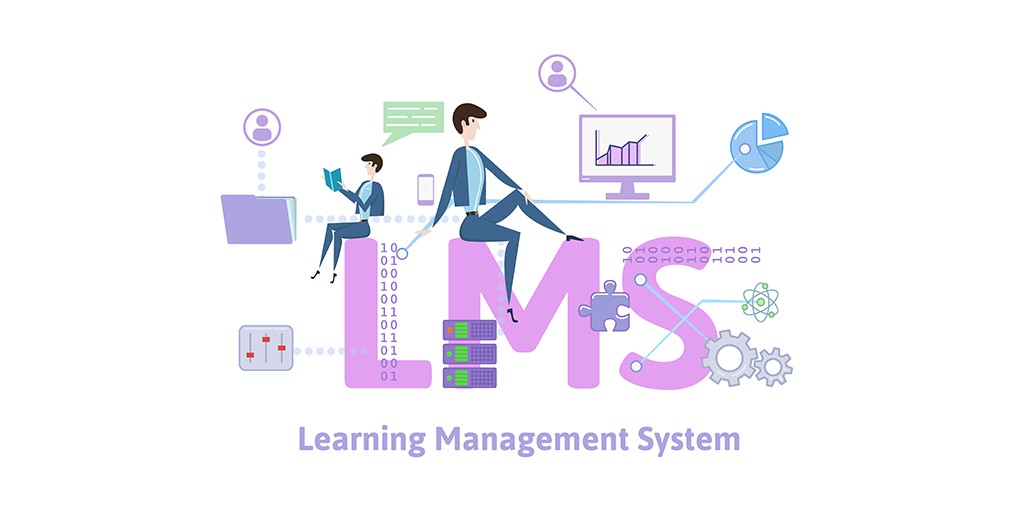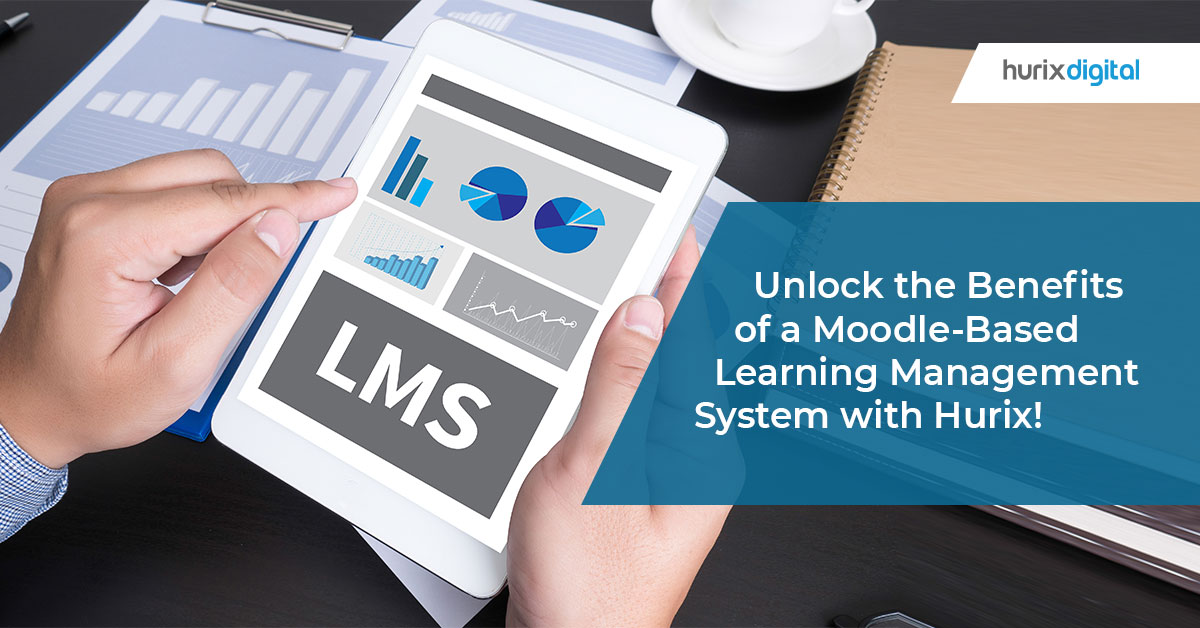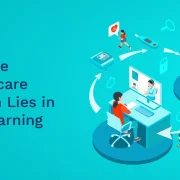
How to Choose the best LMS for Large Enterprises
As organizations grow, so does the scale of the training they provide to their employees. Companies hone in-house skills with an aim to stay competitive, meet business goals and build their brand. To achieve this, it is important they strike the right balance between individual and organizational goals.
Providing ongoing performance support becomes a challenge if companies are following traditional training approaches. Fortunately, a learning management system (LMS) helps organizations of all sizes – small businesses, mid-sized companies and large enterprises to achieve this goal.
However, different business sizes have different needs. The requirements of a small or mid-sized organization would be different from that of a large enterprise. Therefore, while selecting an LMS, you need to analyze its features and its capability to perform tasks efficiently for your enterprise.
Table of Contents:
Benefits of an LMS
- Improves ROI: Implementing an LMS eliminates instructor fees, travel expenses, and cost of printed materials. Besides, it also amplifies the benefits of traditional training. For reduced expenses and higher returns, companies must take advantage of this valuable technology.
- Monitor Learning Initiatives: An LMS includes several tools for assessment which can help both employees and instructors to identify the pain points and problems through detailed metrics and data visualizations. Trainers can use this information to quickly identify and plug gaps in education and training. Learners can also leverage these tools for personal assessment and revisit concepts till they master them completely.
- Improves Access to Courses: These days no one has the time to attend lengthy training sessions in classroom settings. A cloud-hosted LMS provides ease of access to employees across geographies. Learners can login to the courses anytime and anywhere and on the device of their choice to brush up their skills or become compliant with new regulations.
- Personalized Learning Experience: Learning is not restricted to a classroom with an instructor explaining the concepts to all employees together, irrespective of their learning abilities and capacities to assimilate, retain, and recall. An LMS allows learners to learn at their own pace and in their own space. Learning is more personalized, and a learner can master a particular concept and then move on to the next stage of the lesson.
- Boosts Employee Motivation: Traditional classroom learning can be monotonous and boring. With an LMS, you can design courses using rich media formats and simulation to make learning more engaging, immersive, contextual and entertaining. Enterprises generally aim to improve staff skills, increase productivity, and at the same time, rationalize training costs. A majority of organizations use LMS for internal training and skill certification, while a small percentage of companies use their LMS for compliance and onboarding, training or selling courses to others.
Also Read: LMS for Business – Does One Size Fit All?
Factors to Consider While Choosing the Best LMS
- Your Measurable Learning Objectives: In a saturated LMS market, you can easily choose an LMS that aligns with your business goals. For example, if the focus of your training is customer satisfaction then make sure that the LMS offers online training certification courses or micro-learning performance support tools for your customer service staff. You may also want it to include customizable reports for monitoring individual progress and related metrics, changes in customer satisfaction ratings etc. By identifying your core learning and development objectives, you will be able to choose an LMS that meets your training needs and more importantly, the needs of your employees.
- Consider the Skills of Your L&D Team: Once you know the specific talents of your L&D team, you will be able to choose an LMS that offers the functionality and creative control they need. If you choose an LMS for your large business that is simple to use but doesn’t allow your employees to utilize their skills and expertise, you will end up losing an invaluable human perspective.
- Assess Your Current Learning Strategy: Evaluate your current learning and development strategy and also your learning content. This will help you identify what needs to be improved upon, what is working effectively and what can be retired. Doing this will help you choose an LMS that can utilize your successful materials and fine-tune those that are relevant but do not completely meet your training objectives. Also, make sure to evaluate learner performance and knowledge acquisition during your assessment.
- Take Feedback From your L&D Team: Take your Learning & Development team into confidence and ask them what features they would like to see in the new LMS and if they want any tools or materials they feel are necessary to make their job easier. At the end of the day, it is your L&D team that will help your learners to take advantage of the new LMS, so make sure they are on board and that their opinions, ideas and inputs are valued.
- Assess All Technical Considerations: Understand how the new learning management system will be integrated with your current technologies or software. Assess all the complexities and limitations and how learners will access information. In case they will be using their mobile devices, ensure that the LMS you choose for your large enterprise supports mobile platforms also.
Also Read: LMS Vendors: How to Select the Right Vendor for your Goals
Conclusion
Regardless of the size of your business, the challenges you face when it comes to delivering effective, comprehensive, and ongoing training for your employees and your business can be daunting. There are many LMS solutions for all business sizes, many of which have been thoroughly vetted by companies.
It is a good idea to study your competition. Alternatively, you may also take advantage of free trials and demos to ensure LMS tools live up to your expectations, and schedule follow-ups with vendors to guarantee you’re using the right LMS for your business.
Get in touch with us today to learn more!

Vice President & SBU Head –
Delivery at Hurix Technology, based in Mumbai. With extensive experience leading delivery and technology teams, he excels at scaling operations, optimizing workflows, and ensuring top-tier service quality. Ravi drives cross-functional collaboration to deliver robust digital learning solutions and client satisfaction








